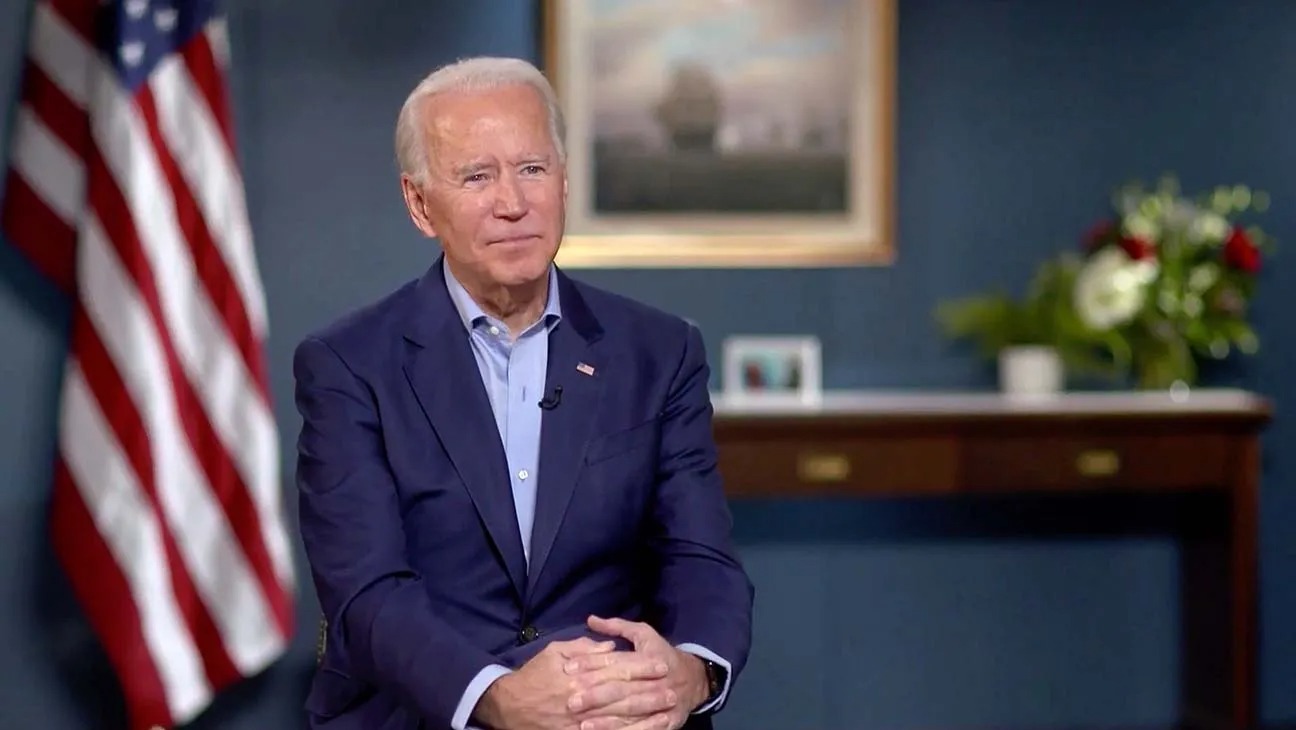Since last November, the University of Michigan’s Index of Consumer Sentiment, a key measure of consumer confidence in the economy, has surged by approximately 25 percent. This rapid improvement is one of the most significant recorded in years, despite a slight decline in the latest figures released.
However, President Joe Biden’s approval rating has remained largely stagnant and negative, with about 55 percent of Americans disapproving of his performance and only around 40 percent approving, according to the index maintained by FiveThirtyEight.
The contrast between the improving economic sentiment and the persistently negative views of the president is causing concern among Democratic strategists as they look ahead to the upcoming rematch between Biden and former President Donald Trump.

Biden (Credits: New York Post)
While many Democratic strategists believe that the improving economy could ultimately benefit Biden, there is also recognition that the longer Biden’s approval ratings remain low, the more challenging it may be for economic optimism to overcome voter doubts about him on other issues.
The divergence between economic sentiment and Biden’s approval ratings underscores the complexity of the political landscape heading into the next election cycle.
While a strong economy is typically seen as a boon for the incumbent party, Biden’s approval ratings suggest that other factors, such as perceptions of his leadership and policy decisions, are weighing heavily on public opinion.
As the election approaches, Democrats will be closely watching to see if Biden’s economic policies and messaging can help him regain ground with voters and improve his overall standing.























